

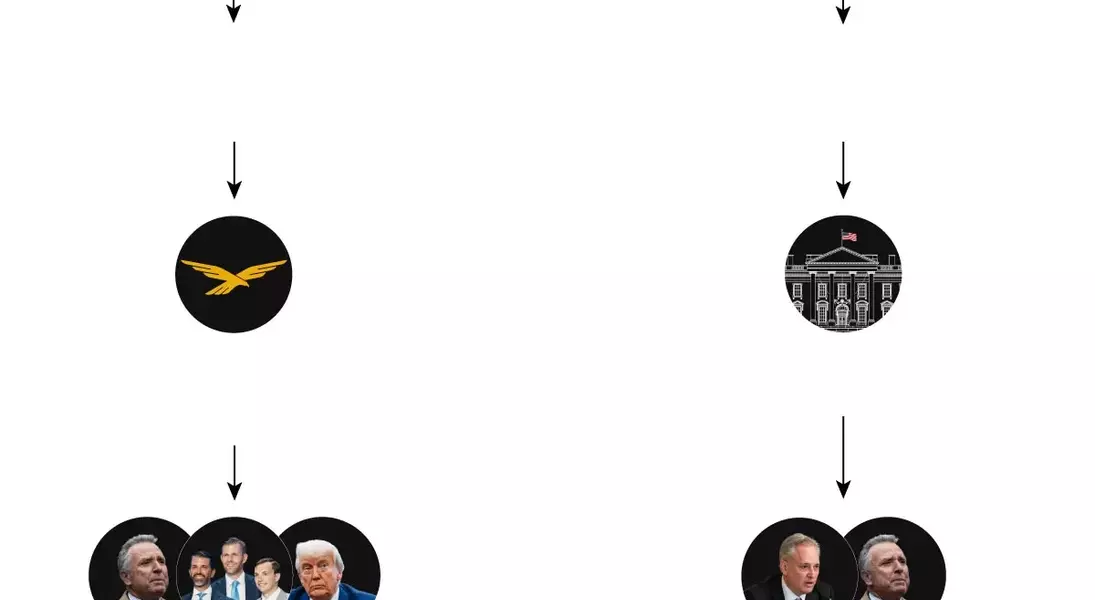



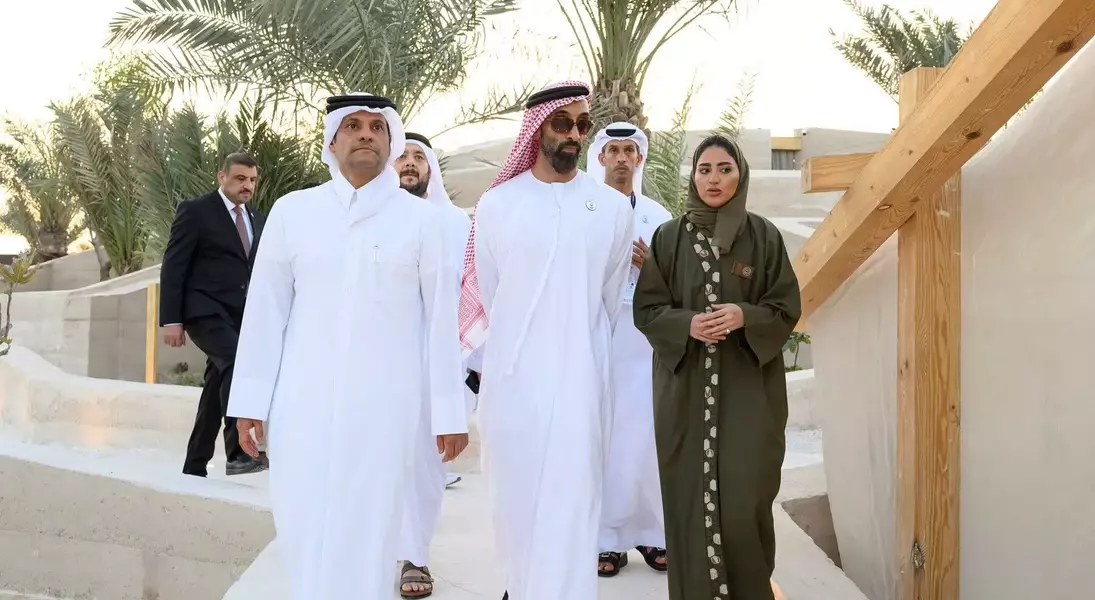


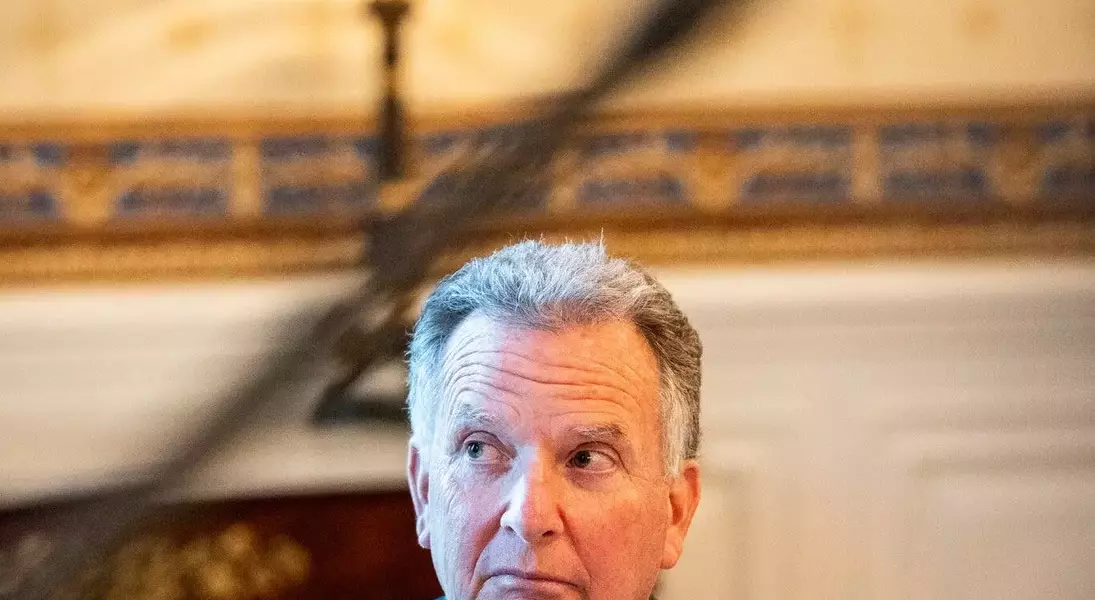
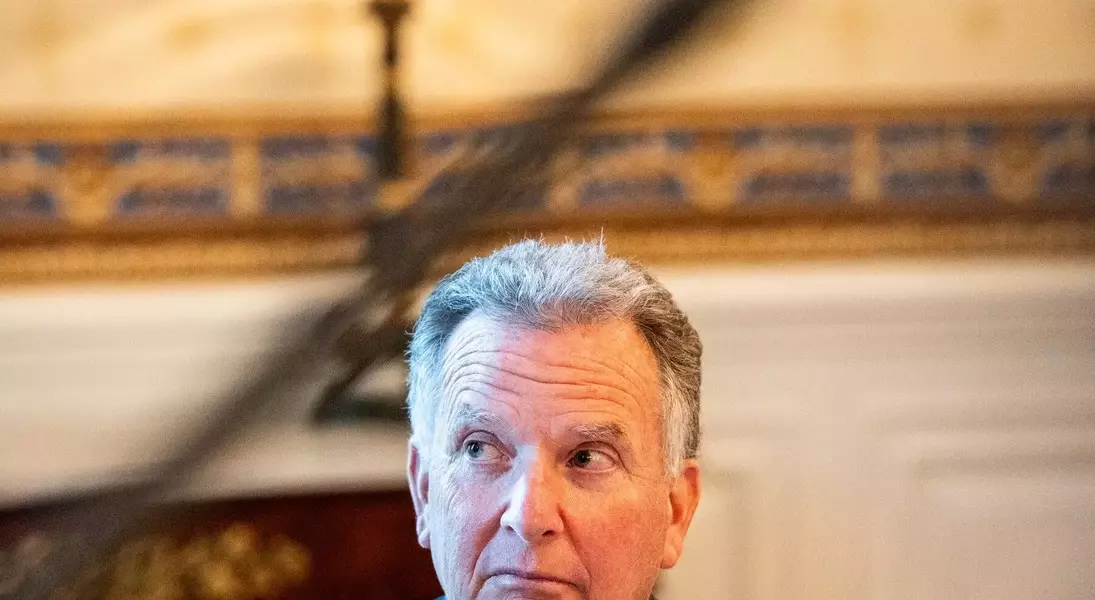
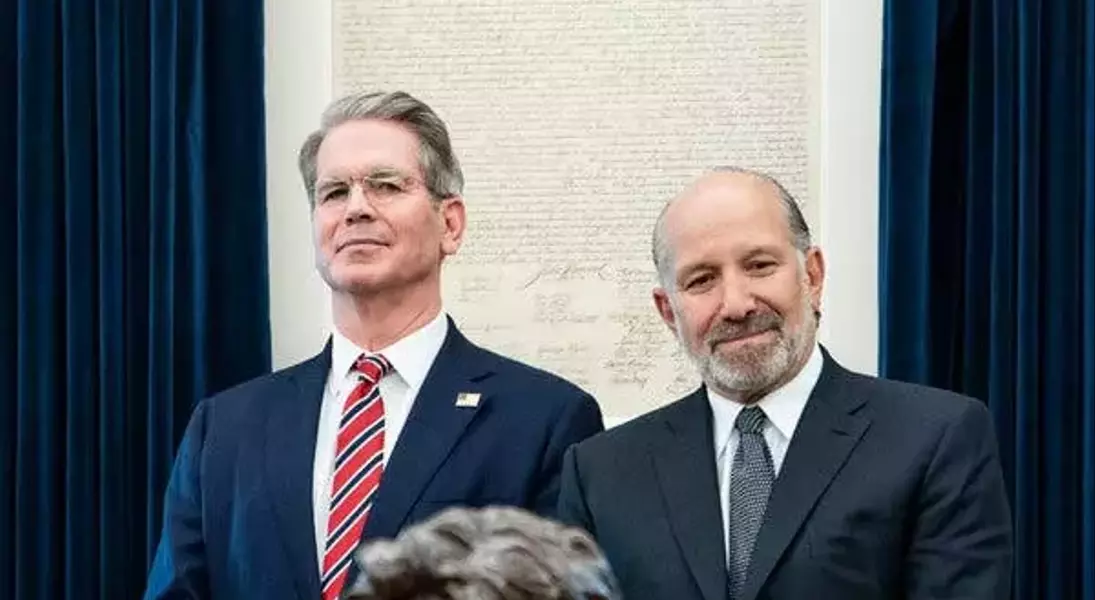
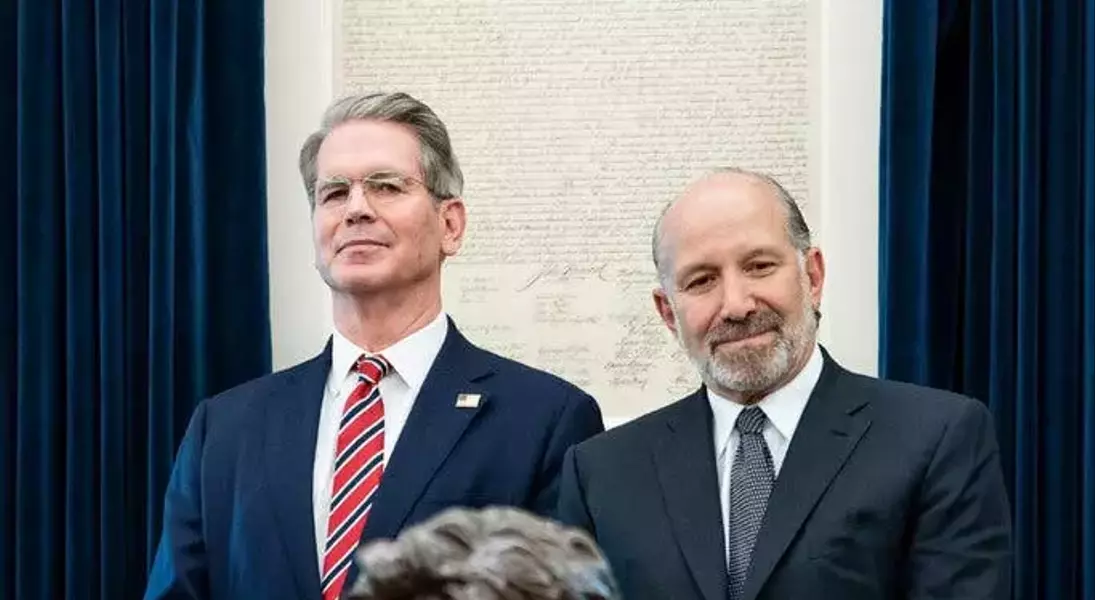
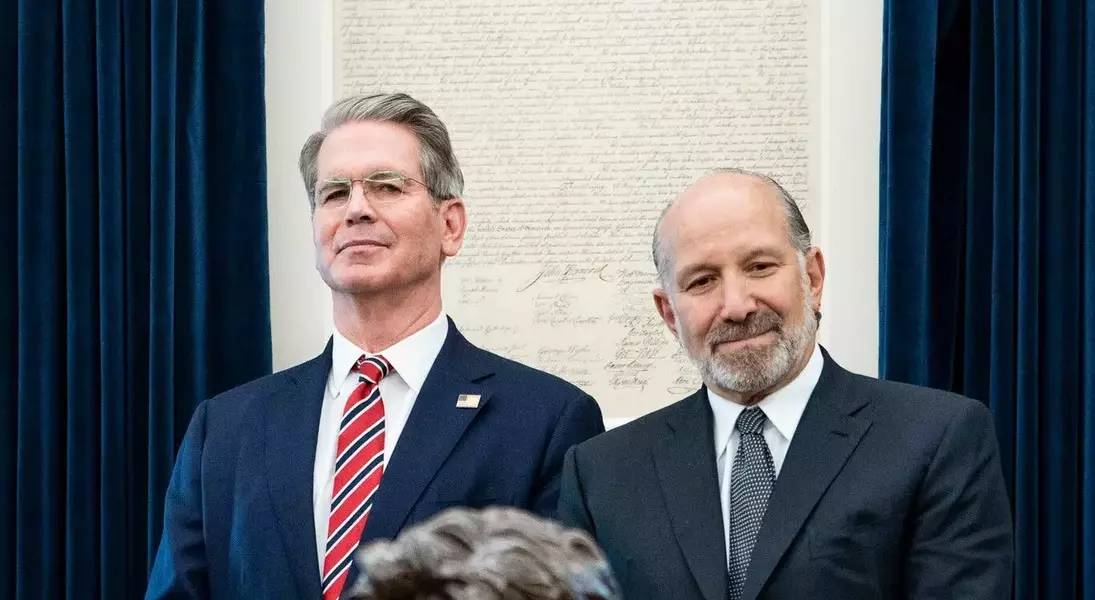
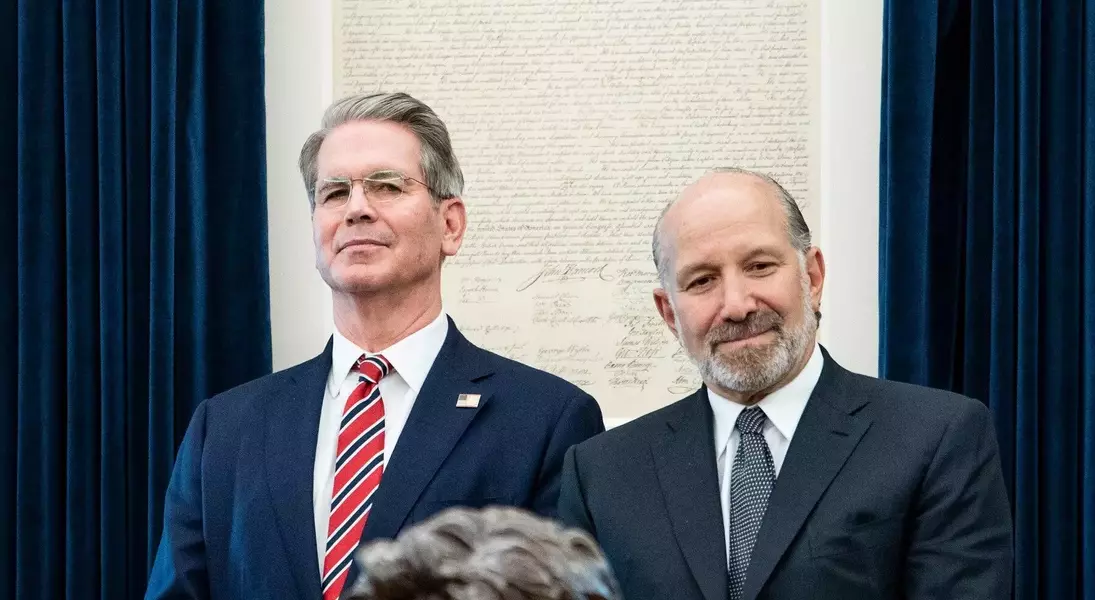
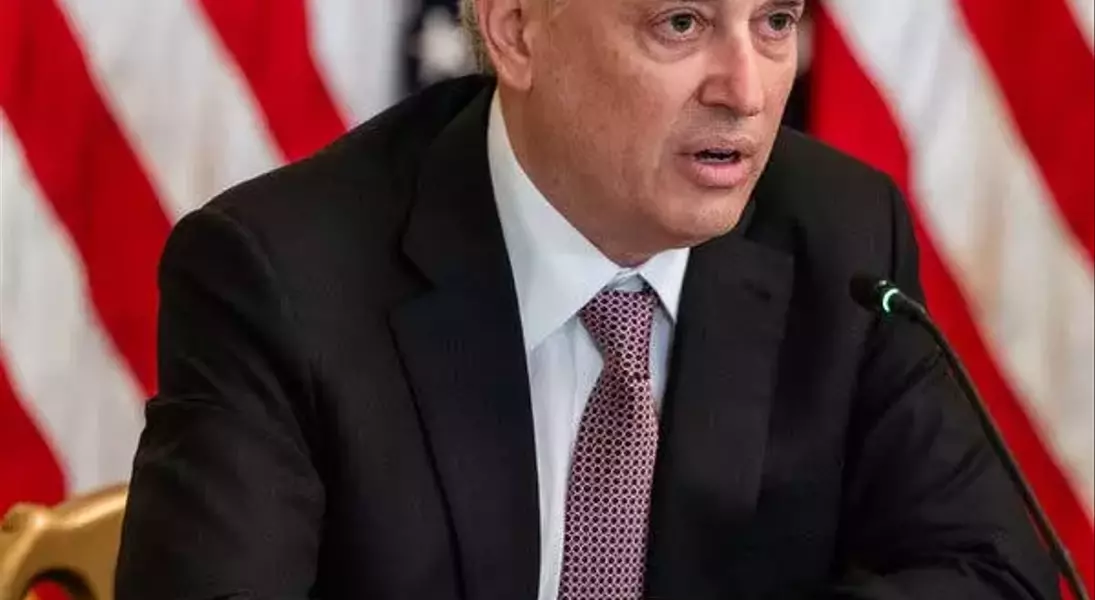
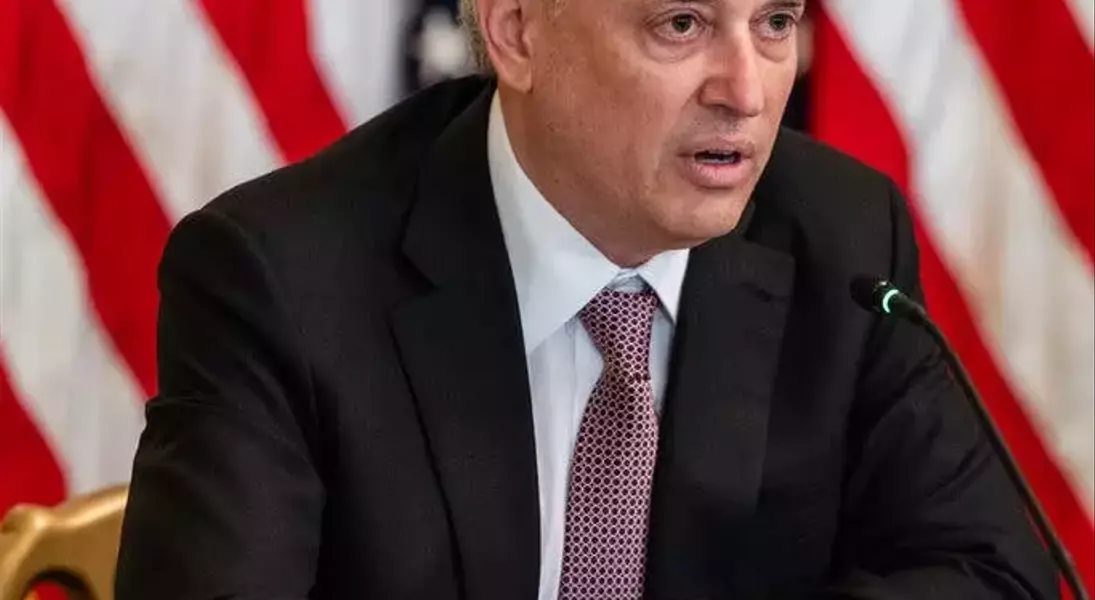
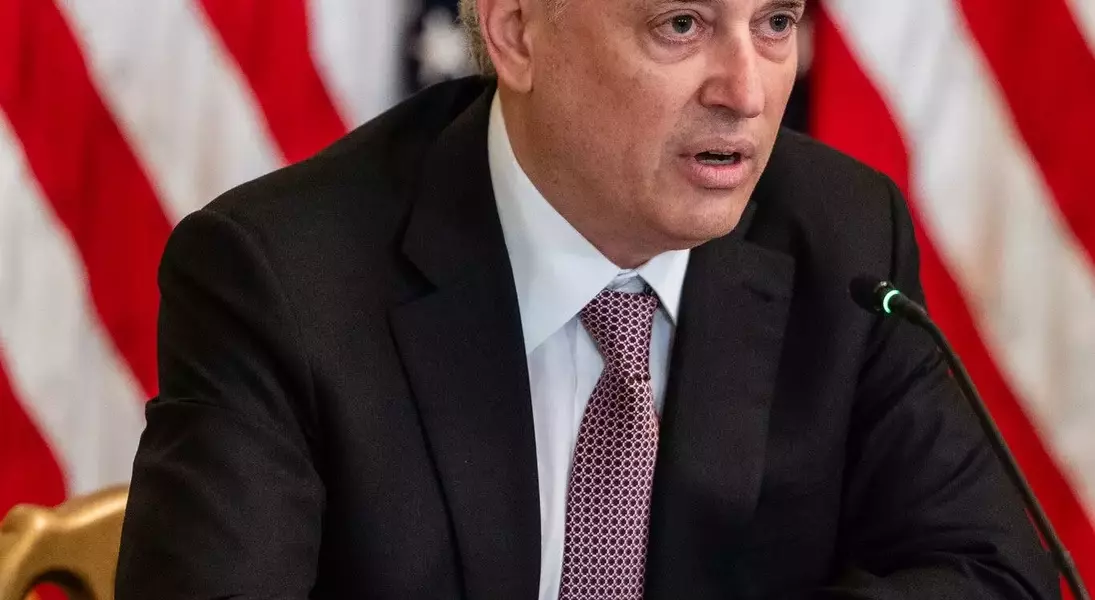
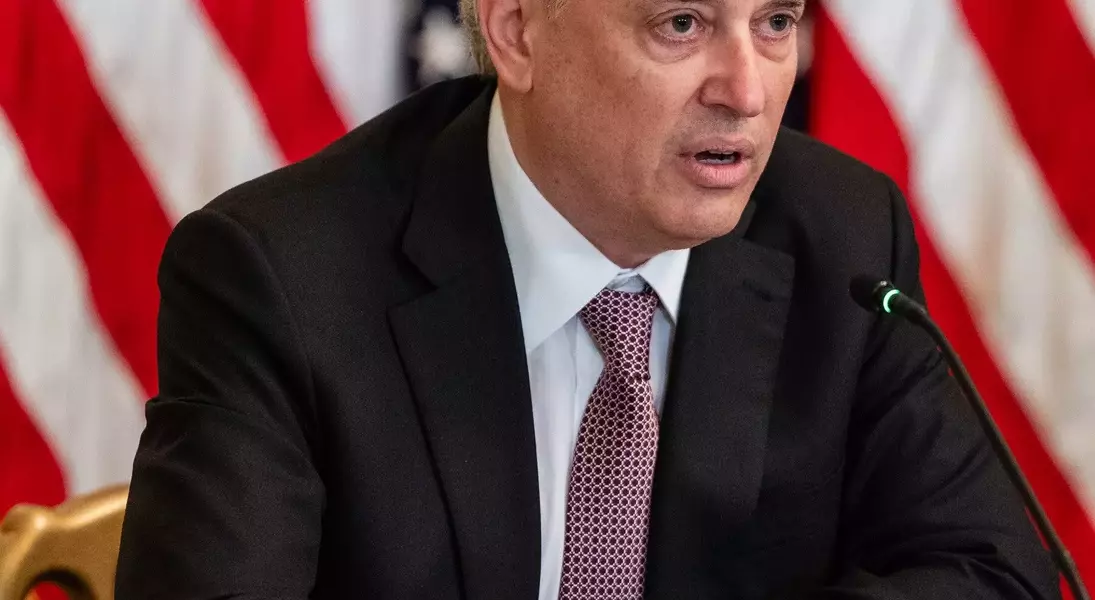





A recent investigation by The New York Times has brought to light a complex web of interactions involving Steve Witkoff, President Trump's Middle East envoy, and Sheikh Tahnoon bin Zayed Al Nahyan, a prominent figure in the United Arab Emirates. This alliance, seemingly both diplomatic and commercial, has reportedly pushed the boundaries of ethical conduct, benefiting President Trump, his family, and close associates. At the heart of these dealings are two substantial agreements: a cryptocurrency venture co-founded by the Witkoff and Trump families that secured a significant financial boost, and the controversial sale of advanced computer chips to the UAE, providing them with crucial technology for artificial intelligence development.
The confluence of these two agreements, though not explicitly linked as quid pro quo, is remarkable and has sparked serious questions about the entanglement of personal financial interests with governmental responsibilities. Notably, Witkoff advocated for the UAE's access to critical AI chips while his family's crypto company received a substantial investment from Sheikh Tahnoon's firm. Furthermore, David Sacks, the administration's AI and crypto czar, played a pivotal role in the chip negotiations despite potential conflicts of interest due to his ongoing work in Silicon Valley. These events have prompted concerns among some Trump administration officials and ethics experts, who point to violations of established norms and the potential compromise of U.S. national interests, particularly given the UAE's ties to China.
This situation underscores a broader pattern of blurred lines between private enrichment and public service, reminiscent of business practices in the Persian Gulf where governance and wealth generation are often intertwined. The unprecedented nature of these dealings in the U.S. political landscape highlights the critical need for transparent ethical standards and accountability in high-level government positions. The ultimate impact of these intertwining deals on U.S. foreign policy and economic interests, particularly in the rapidly evolving fields of AI and cryptocurrency, remains a subject of ongoing scrutiny and debate.
The integrity of public service and the trust placed in government officials demand unwavering commitment to ethical principles. When personal financial gain intersects with diplomatic and national security decisions, it creates an environment ripe for suspicion and undermines the very foundations of good governance. Upholding strict ethical guidelines and fostering transparency are paramount to ensure that the pursuit of national interests always takes precedence over individual or familial enrichment. This serves as a vital reminder that public office is a public trust, and its responsibilities must be exercised with the utmost impartiality and dedication to the common good.
